At the closing ceremony of the 19th G20 Leaders Summit in Rio de Janeiro, Brazil, President Luiz Inácio Lula da Silva urged G20 member nations to embrace their power and responsibility to transform lives globally.
Highlighting key initiatives and priorities, da Silva emphasized the importance of fostering social, economic, and environmental progress to create a more democratic and equitable world.
President da Silva called for G20 members to prioritize women’s entrepreneurship and economic autonomy, as promoted by the Women’s Empowerment Working Group. He also advocated for the promotion of biodiversity-based products through the Bioeconomy Initiative to support traditional and Indigenous communities. “We must enable these groups to thrive while preserving their heritage and contributing to sustainable development,” he stated.
Da Silva proposed the adoption of Sustainable Development Goal 18 on racial equality, a recommendation by the Working Group on the Right to Development for people of African descent. On climate action, he urged members to align with the goal of limiting global warming to 1.5 degrees Celsius, as pursued by the Climate Task Force. “Fostering climate ambition is critical to ensuring a sustainable future for all,” he emphasized.
Under Brazil’s presidency, the G20 introduced a third pillar – the social pillar – alongside the existing political and financial pillars. This addition aims to integrate collective will with efforts to address social inequalities. “This pillar represents a quest for a more democratic, just, and diverse world,” da Silva explained.
For the first time in G20 history, civil society organizations from across the globe engaged directly with leaders to present their demands. “The voices of the people must be heard and acted upon,” da Silva remarked.
The Brazilian presidency’s efforts centered on three priorities: fighting hunger and poverty, taxing the super-rich, and advancing renewable energy and emissions neutrality. Da Silva also championed global governance reform to make multilateral institutions more representative and effective.
“Neoliberalism has exacerbated economic and political inequality,” he said, urging the G20 to implement measures to reduce the cost of living and promote balanced working hours. He also emphasized the importance of listening to the youth, preserving public spaces to combat extremism, and prioritizing peace to prevent geopolitical conflicts from hindering sustainable development.
President da Silva stressed the need for year-round commitment to the G20’s goals. “This closing ceremony marks the beginning of a new phase, requiring continuous work – not just on the eve of leaders’ meetings,” he said.
As the Brazilian presidency transitions its leadership, da Silva pledged to collaborate with South Africa to ensure the group continues its focus on social engagement. “We leave a robust legacy, but much work remains to improve the lives of ordinary citizens. Together, we must bridge the gap between the voice of the markets and the voice of the streets,” he concluded.

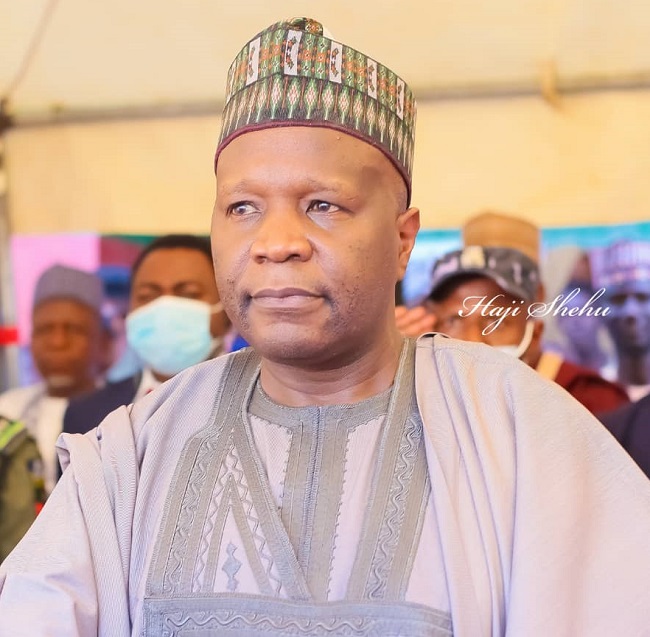
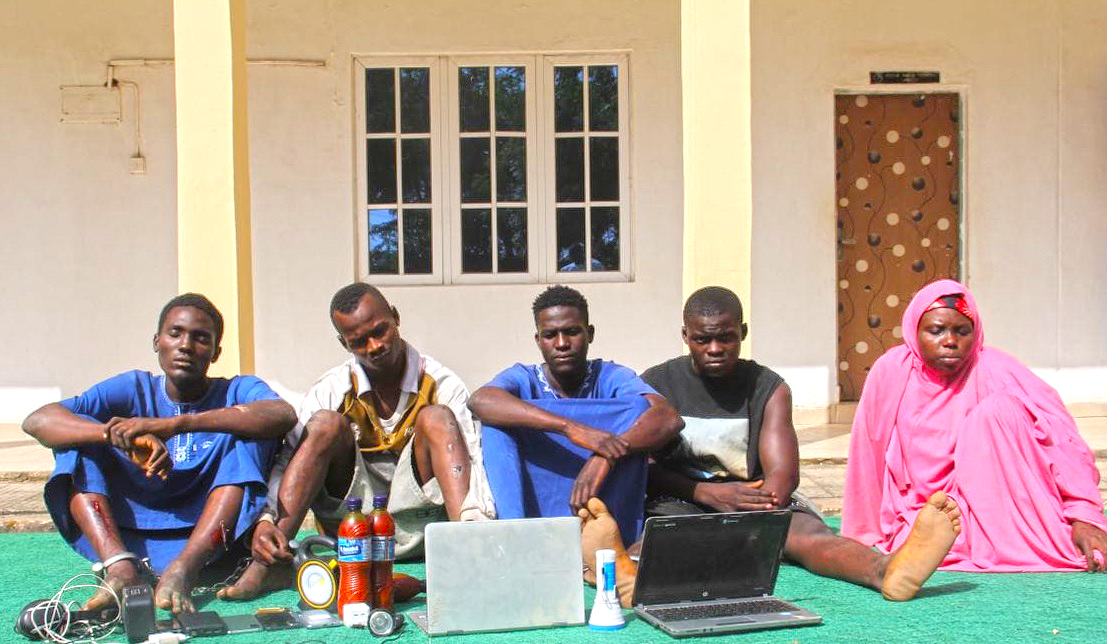
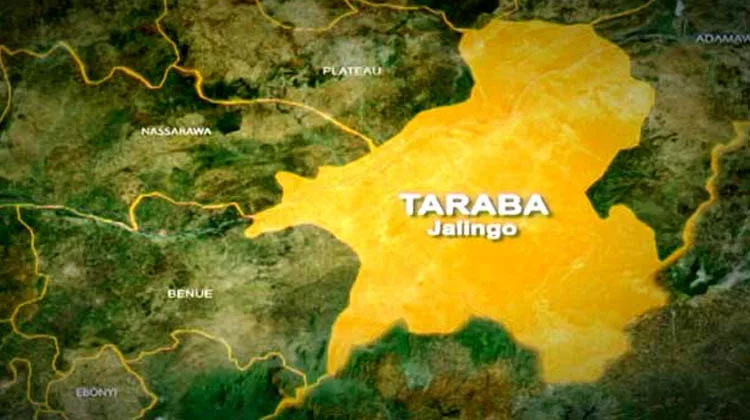
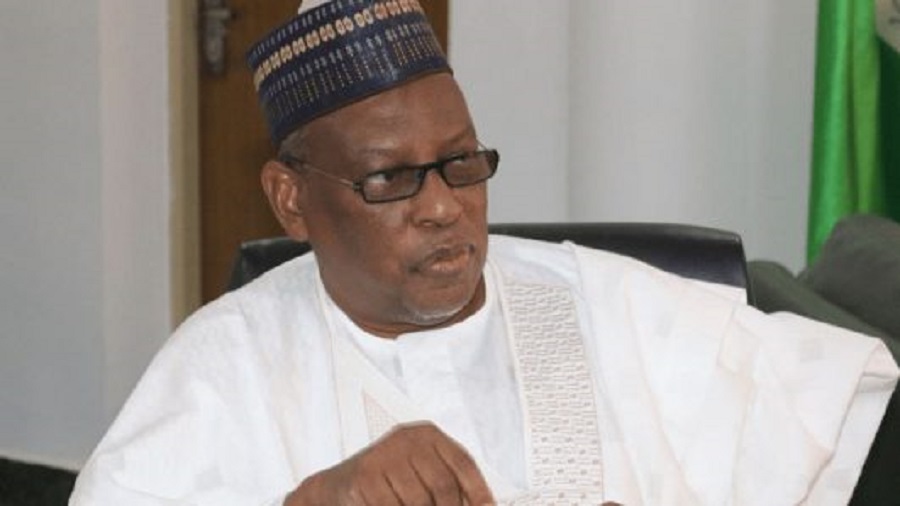
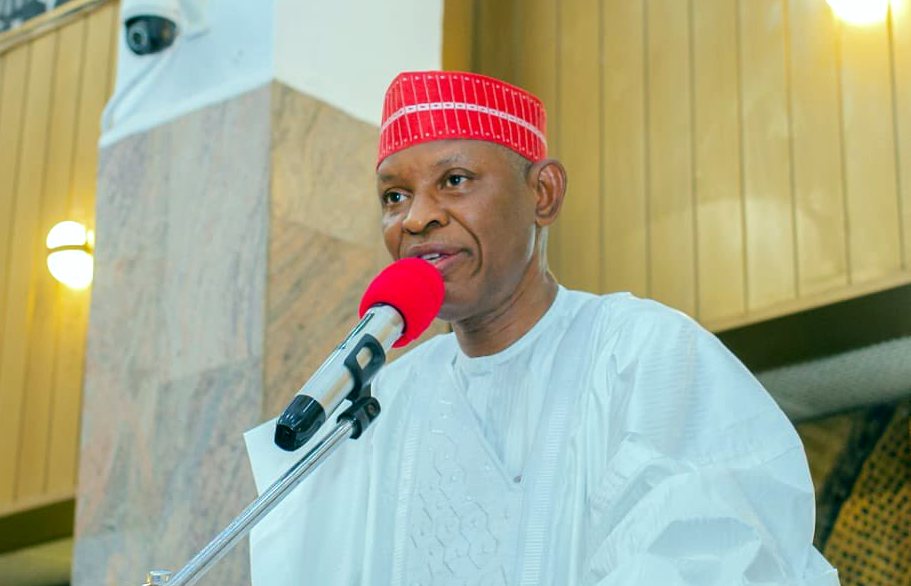


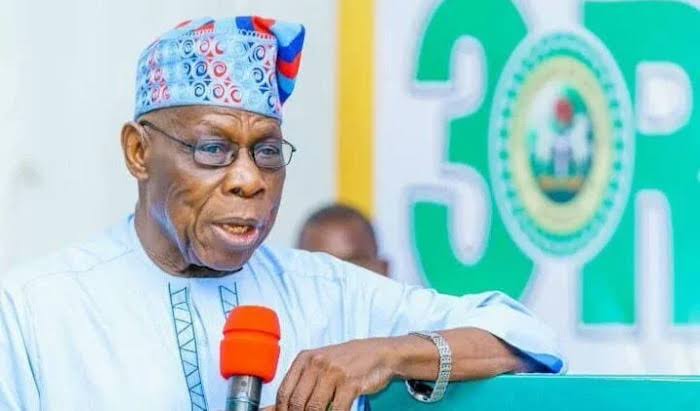
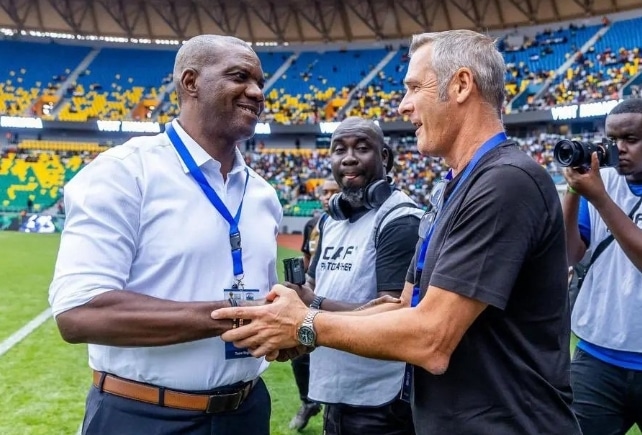
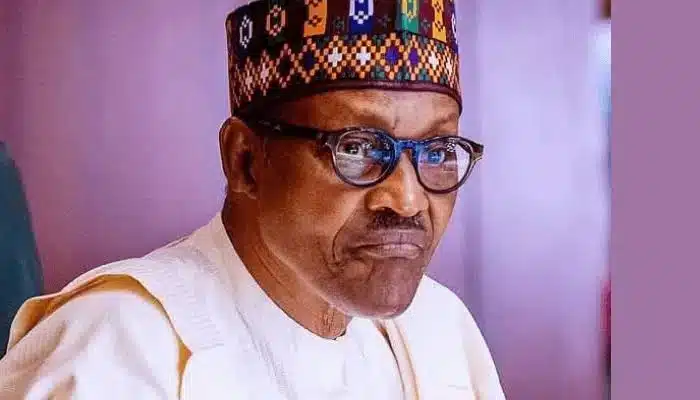


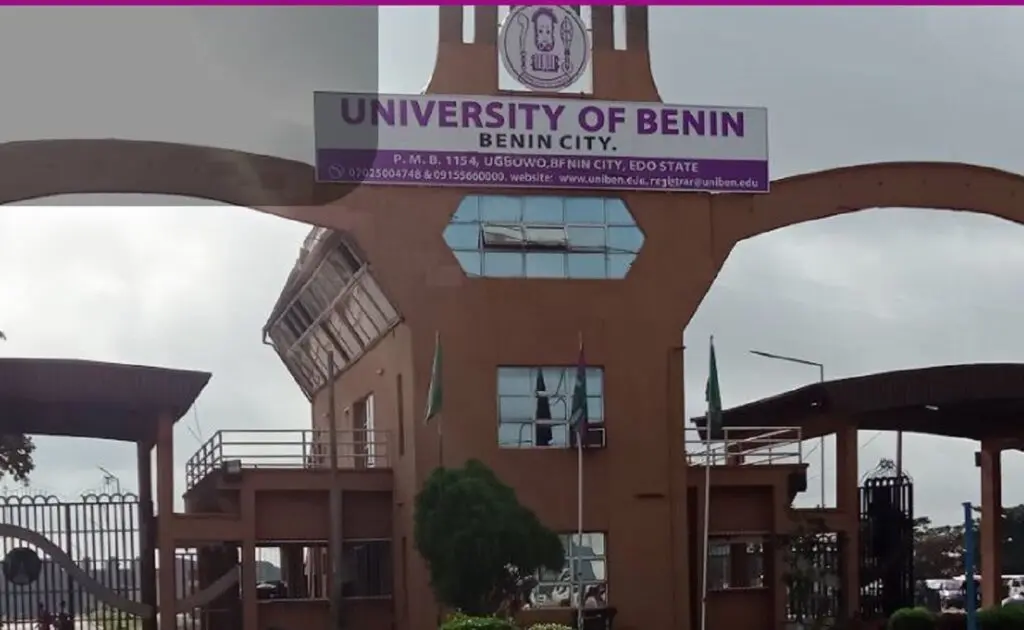

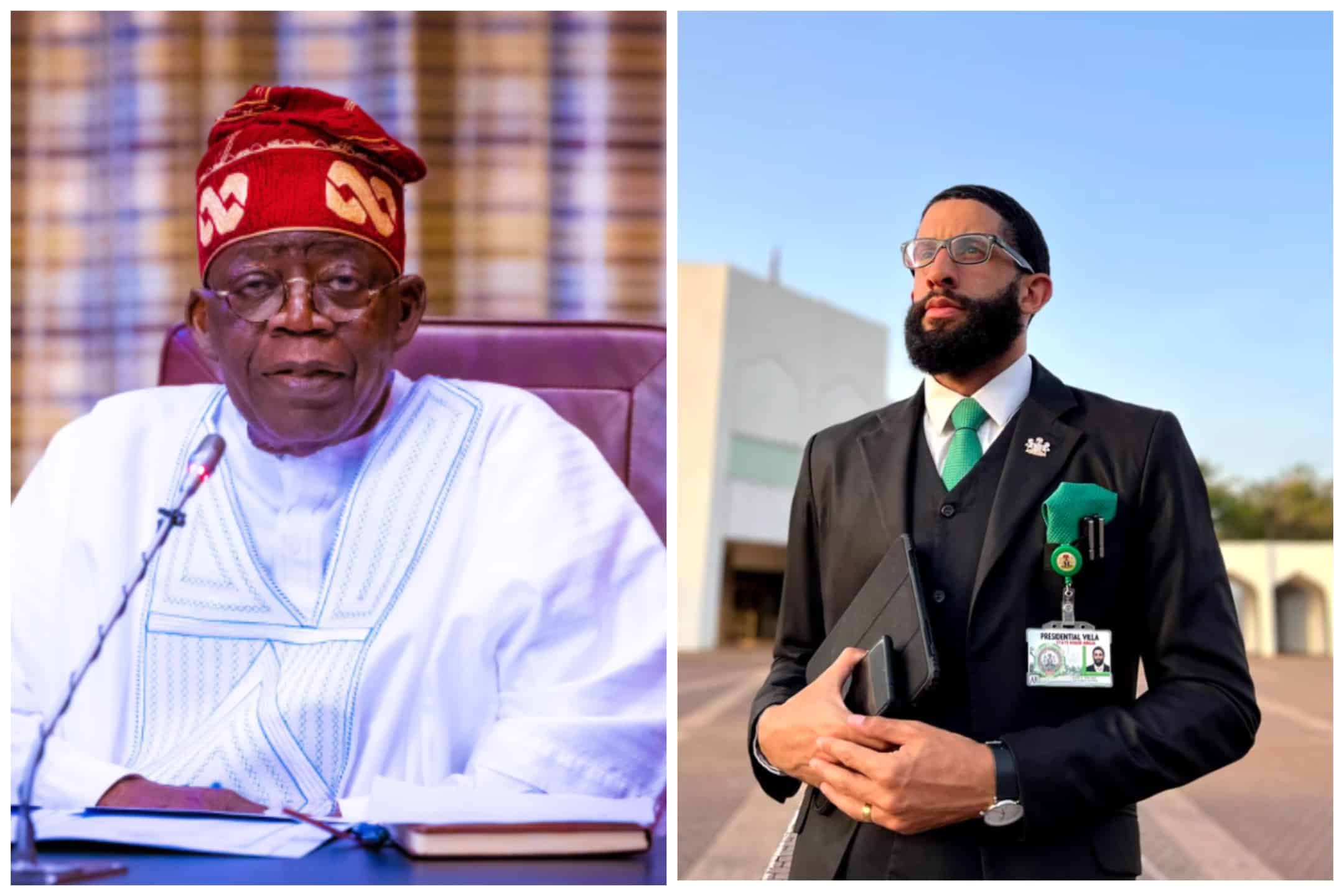
 English (US) ·
English (US) ·